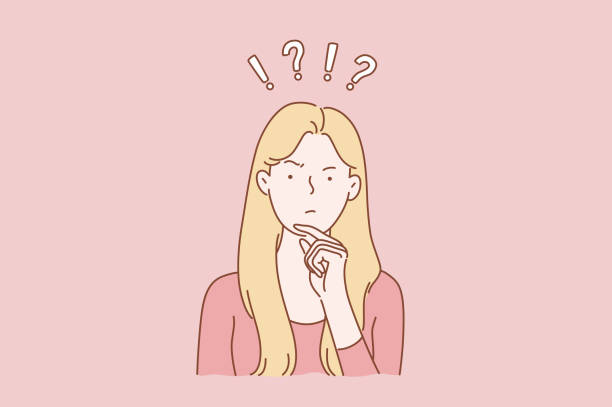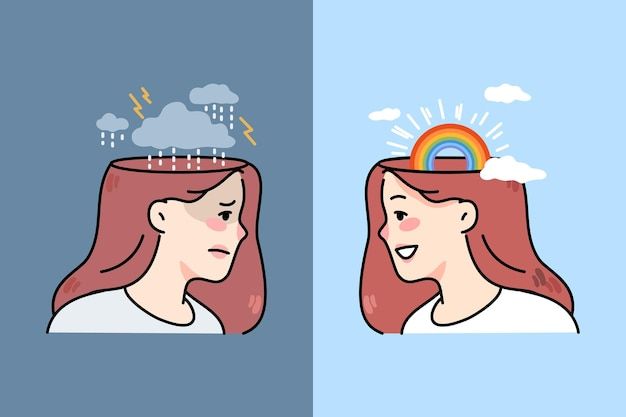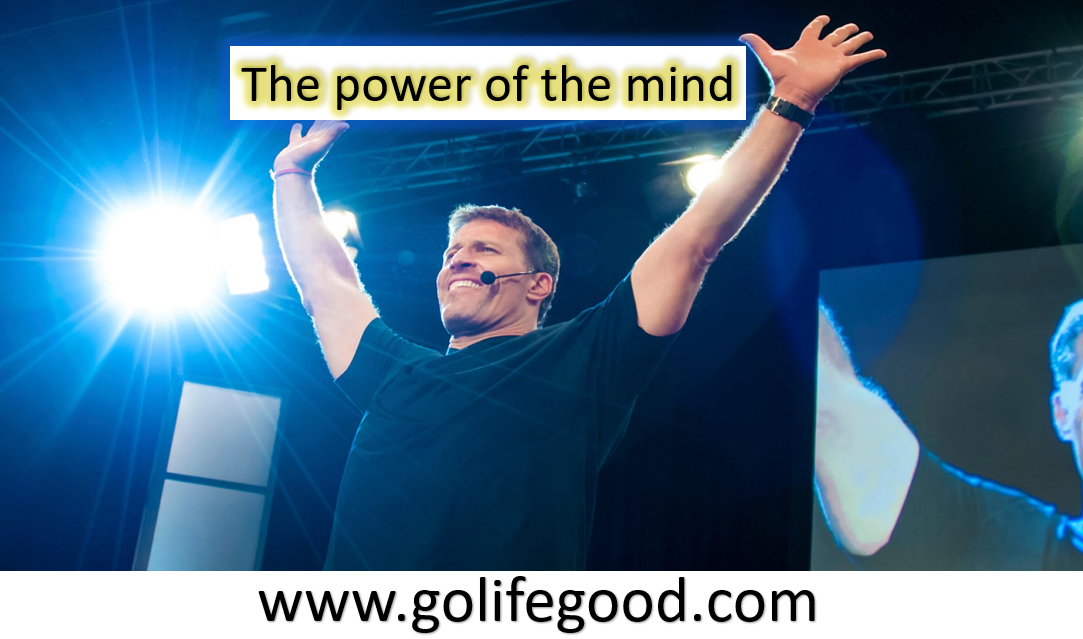Hello, my friends and companions. In this series of articles, I plan to talk about inner power and how to activate it according to the teachings of Anthony Robbins. I will also share my experiences and learnings with you.
In the first and second parts of this series of articles, I presented some basic and, at the same time, very important principles. Then, we presented an exercise. Did you do the exercise? If you haven’t, please stop reading this article now, go to the previous exercise, and then continue reading this article. For those of you who have done the exercise, it may have been a simple exercise to begin with, but by doing each of the exercises mentioned in this series of articles, you will find a little bit of progress each time. This is just like lifting weights. All weightlifters lift lightweight in the first days, but as time goes by, they make it a little heavier each time, and the day comes when they finally become world champions. Well, if you are ready, let’s get started…

In this article, there are some points that I can confidently say that learning and practicing these teachings will change your life forever. So please read and review this article carefully and follow all its exercises.
Well, first, let me ask you a question. This article is probably not the first article you have read about success. Maybe you have read dozens of books on the path to success, motivation for progress, and personal growth, or you have watched dozens of educational clips from… Did you follow what you read in the last book or what you saw in the latest educational clip? I don’t think so!
Statistics show that less than 10% of those who follow these materials act on them.
Apply what you learn. Not using what you have learned is the biggest mistake anyone can make.
If you have read many articles and books, but you still ask yourself:
So why didn’t I follow the rules of the book?
I knew I needed what he wrote, but why didn’t I start?
What is stopping me from moving?
So please read this article carefully because it is for you and it will answer your questions.
The law of escape from suffering and longing for happiness

Human behavior is controlled by the escape from discomfort and the desire to achieve happiness. These two forces control your life. Sometimes they push you forward, and sometimes they stop you. Always remember that everything you do is to avoid unhappiness or gain happiness.
Now I have a question: Have you ever felt numb? Do you know what I mean by numbness?
Numbness is the opposite of inner strength. Numbness means doing nothing. It means that we know that we have to do something but do not start it or continue it. We often use this term when starting something: today is not the time! This feeling creeps into you, grows, and eventually takes control of your life.
Let’s see why we stop like this and why we become numb.
The answer to this question can be given according to the same law of escape from suffering and desire for happiness. If you don’t do something, it’s because you think it’s more unpleasant to start than not to do it. In other words, we believe that less pain and suffering will come to us by sitting idle.
You might say, “No, I know that if I do that, I’ll get a lot of joy out of it.”
Yes, for sure. But it is registered in your subconscious that you have to suffer a lot of discomfort to do something, and now this discomfort is much more tangible for you, while the joy of success may be very far away.
Isn’t that so? Check out my words in private and see if you feel the same way.
Now let’s take an example:

You may have decided to go on a diet and get rid of your excess weight forever. But to what extent can following a slimming diet be useful? Rarely is anyone able to stay in shape long-term on a slimming diet. Studies have shown that more than 95% of those who lose weight with a slimming diet regain the lost weight after two years and become fatter than before. why? Because trying to gain discomfort and unhappiness will rarely be accompanied by success.
The desire for happiness and escape from discomfort is the brain’s natural mechanism. Whenever you try to do something that you believe will cause discomfort and suffering, the brain gets confused and cannot help you, and the only thing left for you from this challenge is a feeling of frustration.
Let’s give some examples to clarify the matter further.
Sometimes, the desire for pleasure and happiness prevail over the need to avoid discomfort, as in the following example: you like eating chocolate, and you enjoy eating it, so in your brain, there is a deep connection between eating chocolate and feeling pleasure. You must say: “Yes, but obesity caused by eating too much is also very unpleasant.”
Sure, but now you feel the pleasure of eating chocolate with all your heart, while the unpleasant feeling of obesity is much less. But in most cases, the need to avoid discomfort is much stronger than the desire to be happy, as in the following example:
Let’s say you are very interested in one of your colleagues and would like to communicate with him or propose to him, but you can’t. why? In your mind, going to your colleague and asking him to meet means discomfort. You say to yourself: “God! If I could move forward, I would be happy to be friends with him.” But a voice inside you screams: “Maybe he won’t accept, maybe he’s not interested in you.”

Which way is easier for you to choose? The joy of friendship or the sadness of rejection?
I can easily guess your answer: escape from discomfort! Research on human behavior shows that most people do almost anything to avoid discomfort.
Are you one of those who feel their life needs a major change? Maybe you have always tried to make this change, but why does such a change never happen?
Because the way you form suffering and happiness has not changed. You know you have to change and start something, but at the same time, you believe that starting all these things means suffering, so you don’t get started and postpone starting this important work every day. Now you ask, so what should be done?
The key to change is to reverse the way the feelings of pain and pleasure are formed.
Everything has two faces. Whatever you think about, you will get a different result. If you focus on the task’s difficulty, it will be impossible or at least very painful for you. But it will be very enjoyable if you focus on its successful outcome in work or life and the good feeling you will get after doing the work.
So, what makes doing something enjoyable or, on the contrary, boring is the way you think about it (positive thinking, negative thinking).

do you like chocolate? Have you ever overcome the urge to eat it? If you only think about the pleasure of eating chocolate, you won’t be able to give up eating it, but if when you see chocolate, your mind only focuses on your obesity and the disproportion of your body shape, you won’t even touch the chocolate.
More than dieting is needed to lose weight and achieve a fit body. One day, when you look in the mirror, go to a party, or see a beautiful dress that is not your size, you must be so upset that you reach a turning point.
What is a turning point?

Anthony Robbins defines a turning point as:
“The turning point is when you feel that the status quo is unbearable, so you find a way to change it.”
If you want to start something, you must conclude that not doing it is more painful than finishing it. In other words, in your mind, associate finishing this task with happiness and not touching it with sadness. Your brain has a very precise balance. When starting each task, the discomfort and happiness resulting from this task are measured with this scale. If the discomfort is heavier, you will not want to start working. So, to change your behavior or start something, you must first change what is synonymous with happiness or sadness in your brain.
Well, it’s time to go to our success book. Don’t say tomorrow; we will do this exercise right now.

Practice Variations:
1- Write down four actions you have been putting off for a long time.
2- In front of each one, write what inconveniences you must endure by not doing them. Ask questions in front of each one
Example: What inconveniences should I endure with overeating? What will happen if I don’t quit smoking? How will your situation be in the next five years if I don’t deal with these things? How confident will you be? Do not settle for a short answer. Remember that what controls our lives is our emotions. So, involve emotions. Try to feel the feeling that 5 years later, if you have not achieved the desired results in life, and write it down.
3- Write what pleasure you get by making changes or doing these things. Write down everything you will achieve now or later through these actions. Write a big list of all your feelings.

Leave a Reply